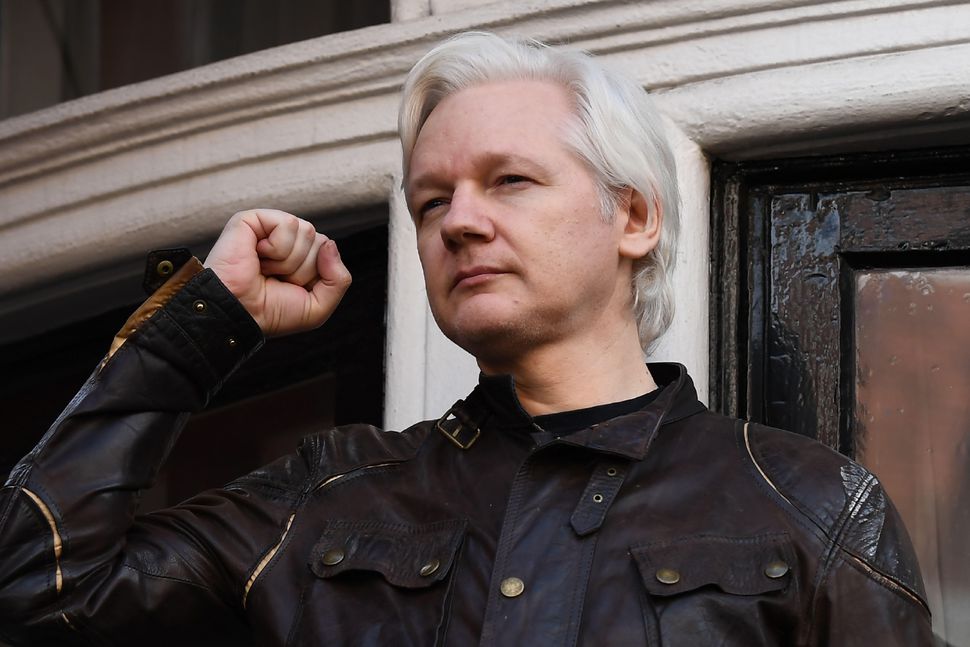Quito: WikiLeaks co-founder Julian Assange is launching legal action against Ecuador, accusing its government of violating his “fundamental rights and freedoms”.
In a statement, WikiLeaks said Friday Ecuador had “threatened to remove his protection and cut off his access to the outside world”, CNN reported.
The WikiLeaks statement added that the Embassy had refused journalists and human rights organizations to see Assange as well as installed signal jammers to prevent phone calls and Internet access.
Assange has been holed up at the Ecuadorian Embassy London since 2012 when he was granted asylum as part of a bid to avoid extradition to Sweden where he was facing allegations of sexual assault.
The case has since been dropped, but Assange fears he could be extradited to the US over WikiLeaks’ publishing of huge amounts of classified information.
The accusations against Ecuador came after a document was leaked earlier this week revealing a new set of house rules Assange must adhere to London from December 1.
The memo, which was first published by Ecuadorean website Codigo Vidrio, specified that Assange must pay for his own expenses like food, medical and laundry, that visitors must have prior authorization and that he must not only keep the spaces inside the Embassy clean, but also take care of his cat, CNN said.
It also said that he was not allowed to interfere in any other country’s political affairs. The leaked document said that the 47-year-old was at risk of losing both his pet and his asylum status if he did not comply.
Baltasar Garzon, a lawyer for WikiLeaks, arrived in Ecuador to launch legal proceedings, which are expected to be heard next week in a domestic court.
Lawyers for Assange have said they will challenge the legality of the Ecuador government’s “special protocol”, which make his political asylum contingent on “censoring” his freedom of opinion, speech and association.
Assange’s legal team claimed the Ecuador Embassy can seize his property or that of his visitors and, without a warrant, hand it over to UK authorities.
IANS
